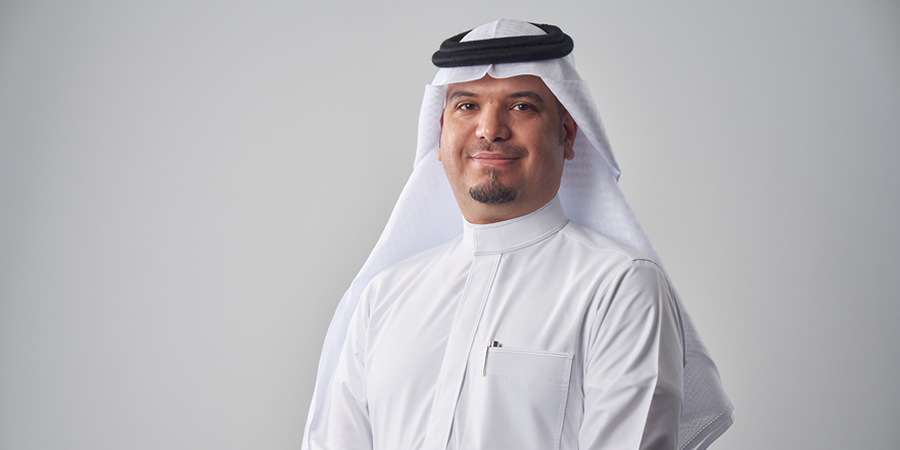Nezar Banabeela, stc Bahrain CEO, had an exclusive interview with Telecom Review during the Mobile World Congress 2021. The C-level executive shared his insights about Bahrain’s ICT sector as well as the ongoing deployment of the 5G technology.
What are stc Bahrain's ambitions for Bahrain's ICT landscape?
Firstly, stc Bahrain today is no longer a telecom service provider only. Since our launch, we have been a major driving force in helping Bahrain achieve its economic and digital vision, continuously diversifying our offerings with innovative technology solutions and introducing cutting-edge technologies to expand our portfolio and enrich all aspects of our customers’ personal and professional lives.
This means that we are looking at every single thing that does exist under the umbrella of the ICT, of course, with tangible value that we want to add to our customers.
So from our point of view, all the services that will positively impact our customers’ lifestyle are a part of this strategy — starting from the consumer market, business, and even wider to the Kingdom side. We aim to enhance more the portfolio of our product and services to end-users.
Today, stc Bahrain connects people, businesses, and communities on our robust and award-winning network, providing a vast and converged portfolio of services across multiple sectors:
- Focusing on consumers, we provide a multitude of innovative services such as converged home offerings (broadband, content, connectivity), fintech solutions, insuretech services, and more.
- For the business sector, we offer an extensive range of breakthrough data communication services (local + international connectivity) and an advanced ICT solutions portfolio focusing on managed services, cybersecurity, IoT etc.
- We also extensively collaborate with government entities to provide local and international connectivity solutions, remote health monitoring/virtual healthcare enablement services, etc.
All of this is in line with our strategy to continue to strengthen Bahrain’s position as a regional leading ICT hub and ideal telecom services provider to its neighboring countries.
It seems to be a promising year after all these updates in MWC. How do you feel about the progress and announcements during the event; particularly with 5G technology promising a lot of changes in which operators transform from different aspects?
5G itself, if we looked at it, is a great technology that opens up a broader spectrum of providing different products, services, and capabilities. We are transforming the infrastructure that we are building on top of the products and services.
Of course, having just only these muscles without having proper cases that actually benefit the end user is meaningless. That's why we are using these muscles for the 5G and capabilities with very specific use cases that enhance the customer lifestyle and truly transform what they want to do on many fronts.
One of them is the digital experience that they have today across all the products and services. Previously, people can only get their services from the retail side. Today, they can go to our e-shop, and they can have a superior customer experience.
Imagine if we can offer those services to our business customers, and in turn, they can offer them to their end-users. Today, most of the customers we have in business are looking at how we can enhance their products and operations to make sure that they can have a better performance with much more optimized costs.
What does 5G mean for Bahrain and what is stc Bahrain's plan for 5G?
At stc, we were the first to introduce next-generation technologies to Bahrain, the 3G, 4G, and 4G LTE. We were also the first to bring 5G in the country. We are doing many expansions to make sure it's not just coverage as much as the quality of service.
What we are building is an infrastructure. Some might say, we have a 5G network. For us, it's the real experience that the customer has, and a lot has changed because of COVID. Education is one example. We could not have offered remote learning if we didn't have a solid network that can take all this load and provide the services. Working from home has also become a new lifestyle, and people have managed to make it work today because of this capability.
Not everywhere would you have a fiber connectivity, but 5G provides freedom because of the mobility it offers to the customer. This is what we are promising, and this is what we are bringing to our customers: we are not only tagging this under 5G, but we’re making it a reality by providing the right services.









